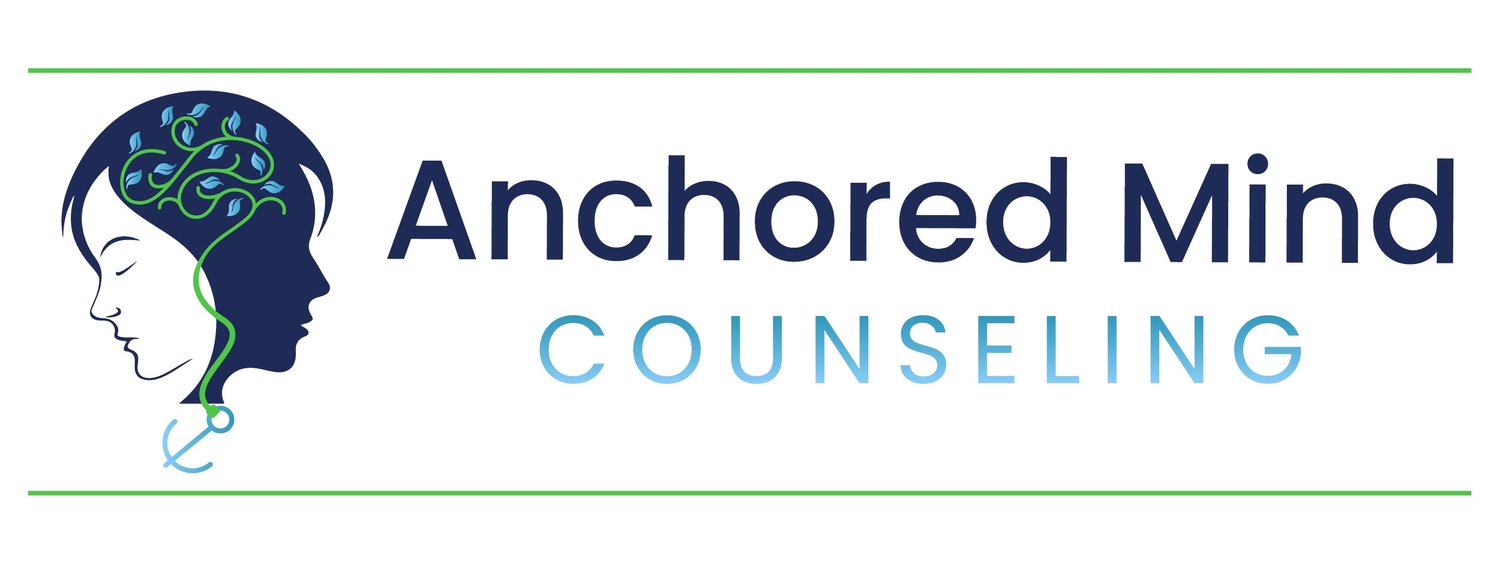What is EMDR?
“AND STILL, I RISE.”
“In the waves of life, an anchored mind is the compass that guides us back to calm waters.”
Eye Movement, Desensitization and Reprocessing (EMDR) Therapy:
Sometimes we can be our own worst enemy. We can sometimes draw conclusions about ourselves like,
“I’m not good enough”
“I’m unlovable” or “I’m not safe.”
We might feel uncomfortable in our own skin or disconnected from our bodies.
Our brain can also be impacted. Our brain tends to over respond to stress and perceives threats and can keep us stuck in black and white thinking. Especially, when all of these thoughts or symptoms could stem from a past experience that we may or may not be aware of, or know that it’s impacting our present day to day life. Unprocessed traumatic memories can trigger intense emotional and physical responses as if you are experiencing the trauma all over again in real time.
EMDR therapy is an incredibly powerful approach that can help access how the memory is stored in the brain currently and help the brain to reprocess and become unstuck by using a form of bilateral stimulation (eye movements, pulsars, tapping, visuals cues and/or movements).
After this process, people often describe the memories as being farther away and not so intense, feeling happier, more present, more powerful and start to feel in control of their lives again.
EMDR might sound like a strange process, but there have been countless studies that have proven the effectiveness of EMDR in helping your brain resolve trauma. Especially, with a competent EMDR therapist. Most clients find comfort in knowing they don’t have to rehash and revisit every detail in an EMDR session with their therapist.
Here’s how EMDR therapy can help:
Helps minimize the impact of trauma triggers
Allows your brain to process traumatic memories as being in the past and staying there
Helps you heal from PTSD, Anxiety, Depression, Eating Disorders and more
Helps those struggling with pain and illness that is difficult to diagnose with an emotional component to it (this doesn’t mean “it’s all in your head!”)
Helps you process through your trauma and become aware of how it affects your mind and body
Replace harmful thought patterns with healthy, positive beliefs and confidence
Find closure and allow yourself to heal and move forward
Helps to gain insight into understanding the widespread effects of trauma in your life and how to improve communication in your relationships and feel more connected and grounded.
Find validation in your trauma experience and not letting it define you
Your comfort and what makes you, you is honored in your session with me. That is why EMDR can be so cool and empowering as we can cater treatment unique to you. You can set the pace for your EMDR sessions, and I will respect your needs and support your individuality. Want to learn more about EMDR? Click on the links below . Ready to get on your road to healing, click here for a free 15 minute consultation to see if EMDR is right for you.
Experiencing EMDR Therapy - EMDR International Association (emdria.org)
Anchored Mind Counseling offers the only EMDR Certified Therapist in the Aberdeen area.
What’s the difference between an EMDR Certified therapist and a therapist trained in EMDR without certification?
Expertise and Specialization: EMDRIA certification often implies a higher level of expertise and specialized training in EMDR. These therapists have typically undergone additional extensive on-going training, supervision, and experience specifically in EMDR techniques.
Adherence to Best Practices: EMDRIA certified therapists are often more likely to adhere strictly to the standardized EMDR protocol, ensuring that they follow the most up-to-date and evidence-based practices.
Complex/Rare Cases Handling: They might have more experience and confidence in dealing with complex/rare cases or clients with multiple or severe traumas, as the certification process often involves handling various scenarios under supervision from all over the country.
Continued Education and Updates: Certification requires ongoing education and training and renewal every two years, meaning these therapists are more likely to stay updated with the latest developments and techniques within the field of EMDR therapy.
Higher Standards of Care: EMDRIA certification may indicate a higher standard of care, as it involves meeting specific criteria and standards set by the EMDR International Association.
Supervision and Peer Review: During the certification process, therapists are often required to undergo supervision and peer review, which can enhance their skills and ensure quality in their practice.






